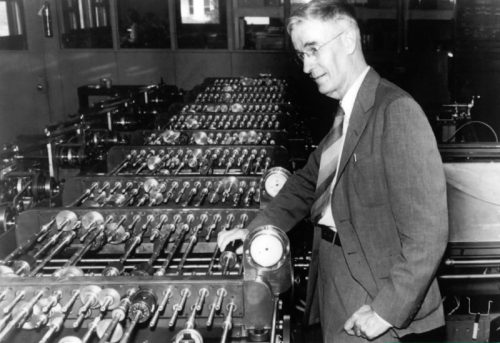Some of the witnesses at the ongoing Congressional hearings seem quite disturbed at the use of “irregular channels” for decision-making and implementation, supplementing and bypassing the “regular” channels. (here, for example) Reminds me of a Churchill story…
In February 1940, Churchill was not yet Prime Minister but rather was First Lord of the Admiralty. He received a letter from a father disappointed that his son had been turned down for a commission, despite his qualifications and his record. Churchill suspected class prejudice and wrote to the Second Sea Lord, saying that “Unless some better reasons are given to me, I shall have to ask my Naval Secretary to interview the boy on my behalf.”
The Second Sea Lord, unhappy with the meddling from above, responded to the effect that it was inappropriate to question the decisions of “a board duly constituted.” To which Churchill replied:
I do not at all mind “going behind the opinion of a board duly constituted” or even changing the board or its chairman if I think injustice has been done. How long is it since this board was re-modeled?… Who are the naval representatives on the board of selection? Naval officers should be well-represented. Action accordingly. Let me have a list of the whole board with the full record of each member and his date of appointment.
General Louis Spears was present when Churchill, after taking the above hard-line, saw the candidates. After chatting with the boys, Churchill explained the matter to Spears:
“They have been turned down for the very reason that should have gained them admission. They are mad keen on the Navy, they have it in their blood, they will make splendid officers. What could be better than that they should rise higher than their fathers did? It is in their fathers’ homes that they grew to love the Navy, yet they have been turned down because their fathers came from the lower deck,” and he pouted and glared with fury.

